Netflix's date announcement last week for The Sandman has the internet abuzz with excitement for the highly anticipated new series. As the first adaptation of Neil Gaiman's epic graphic novel originally published by DC from 1989 to 1996, viewers can only hope the series matches the hype.
Many newcomers and diehard fans don't have time to read (or reread) the 75 volumes and research the various mythological and religious allusions Gaiman uses. Below are stylistically or thematically similar series to sate the appetite for dark fantasy while ticking down the days until August 5.
10 Neverwhere
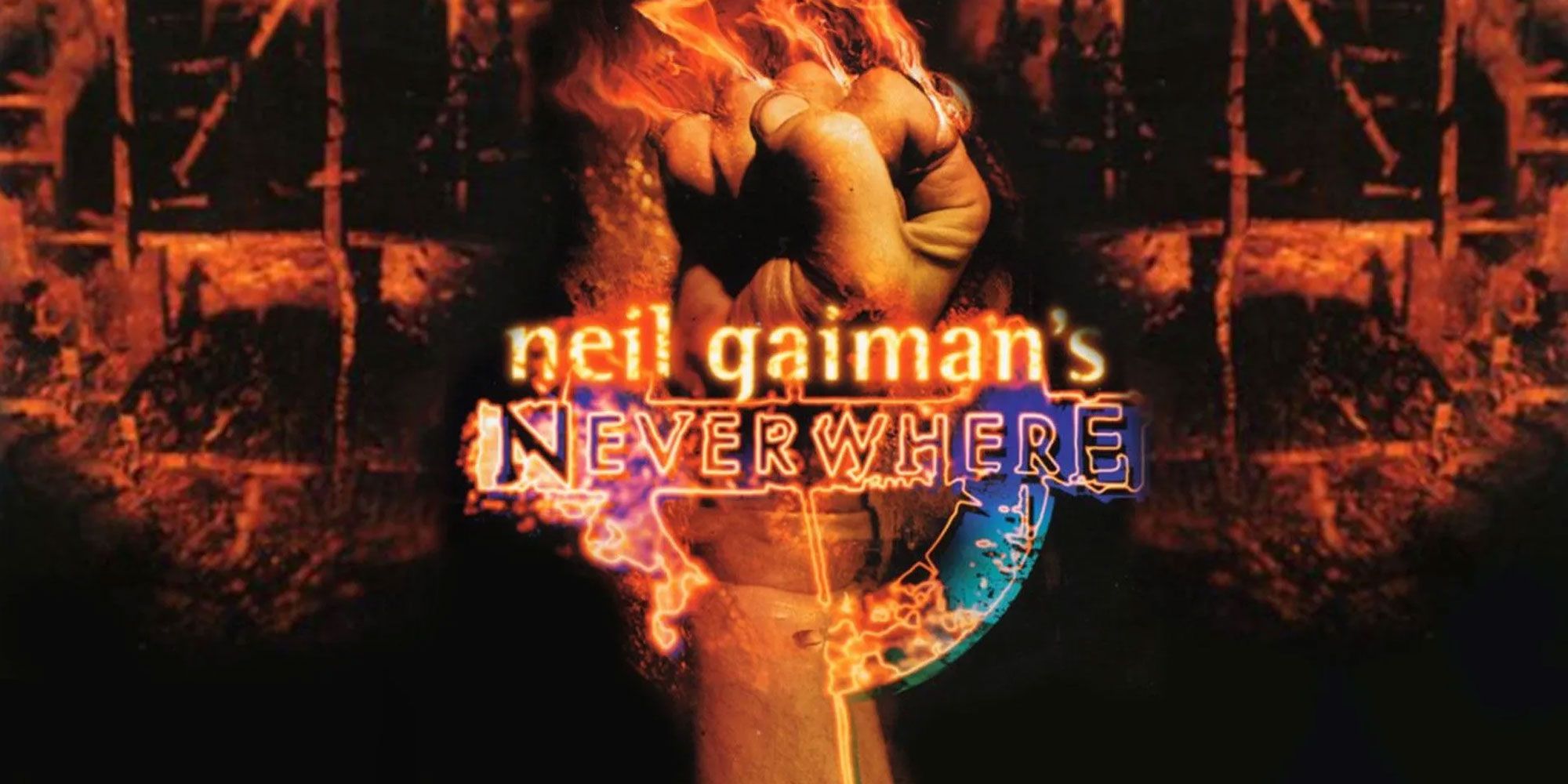
Decades before shows like Carnival Row and Shadowhunters hit the small screen, there was Neverwhere. All current urban fantasy shows owe much to this 1996 BBC miniseries which featured a "London Below" and "London Above," juxtaposing murderers with saints and angels with demons; and also written by Neil Gaiman.
For those with limited time, Neverwhere hits the spot for a craving for noir fantasy, parallel worlds, and ancient mythology without requiring hours upon hours of streaming. Protagonist Richard Mayhew may not have (or need) a redemptive arc, like Dream's in The Sandman, but his conclusion is quite similar.
9 Shadowhunters
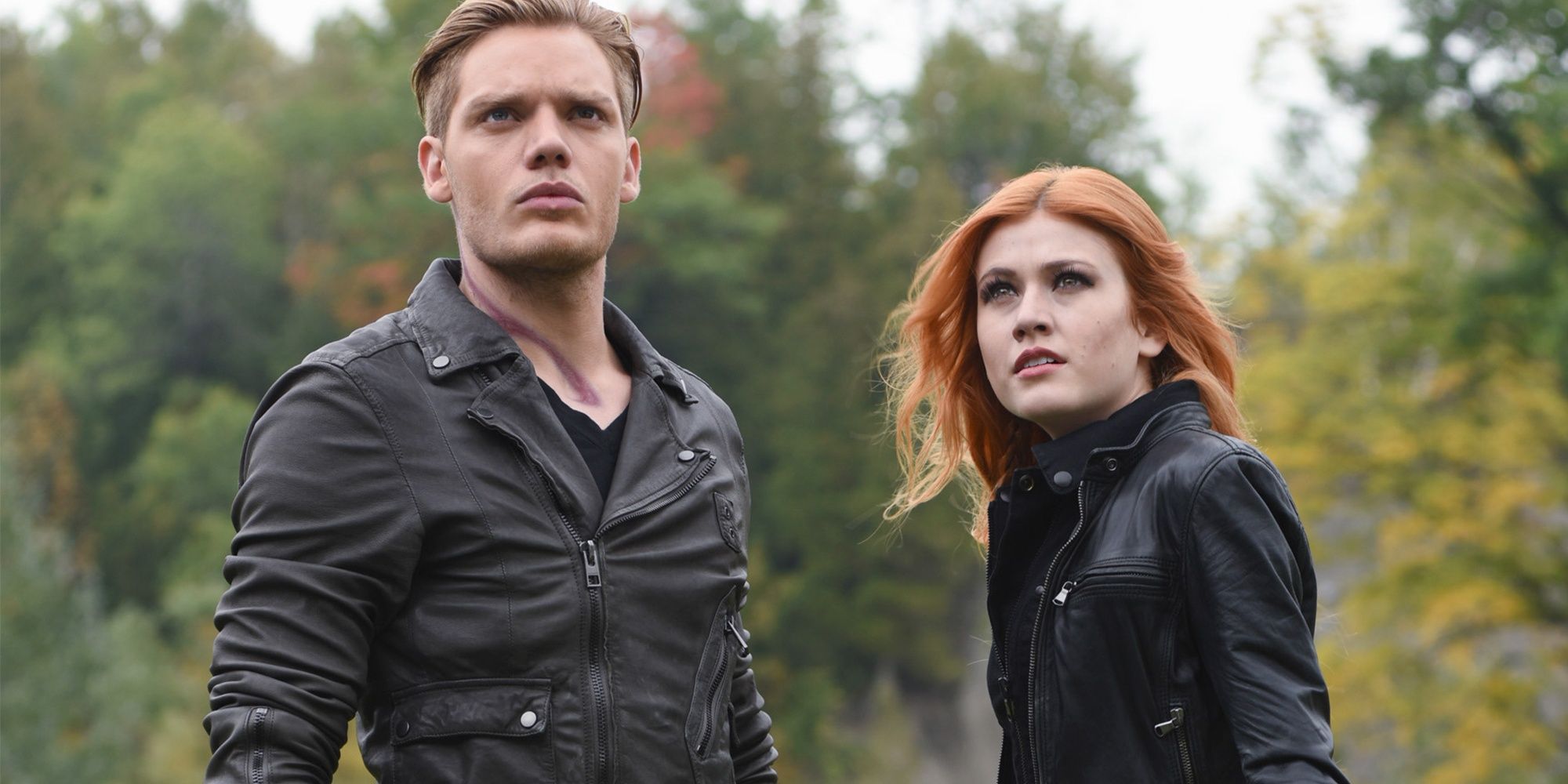
Shadowhunters, based on Cassandra Clare's young adult urban fantasy series The Mortal Instruments, is startlingly similar to Neil Gaiman's work. It blends biblical characters with ancient myth and more modern fantasy tropes like vampires, fairies, warlocks, and werewolves.
The show isn't always great, but it has an exciting premise backed by stylish action sets, fraught teen romance, and complicated mythology. Similarly to the nightmarish horrors hiding amongst everyday realities in Sandman, Shadowhunters gives New York City a supernatural underbelly.
8 Buffy The Vampire Slayer
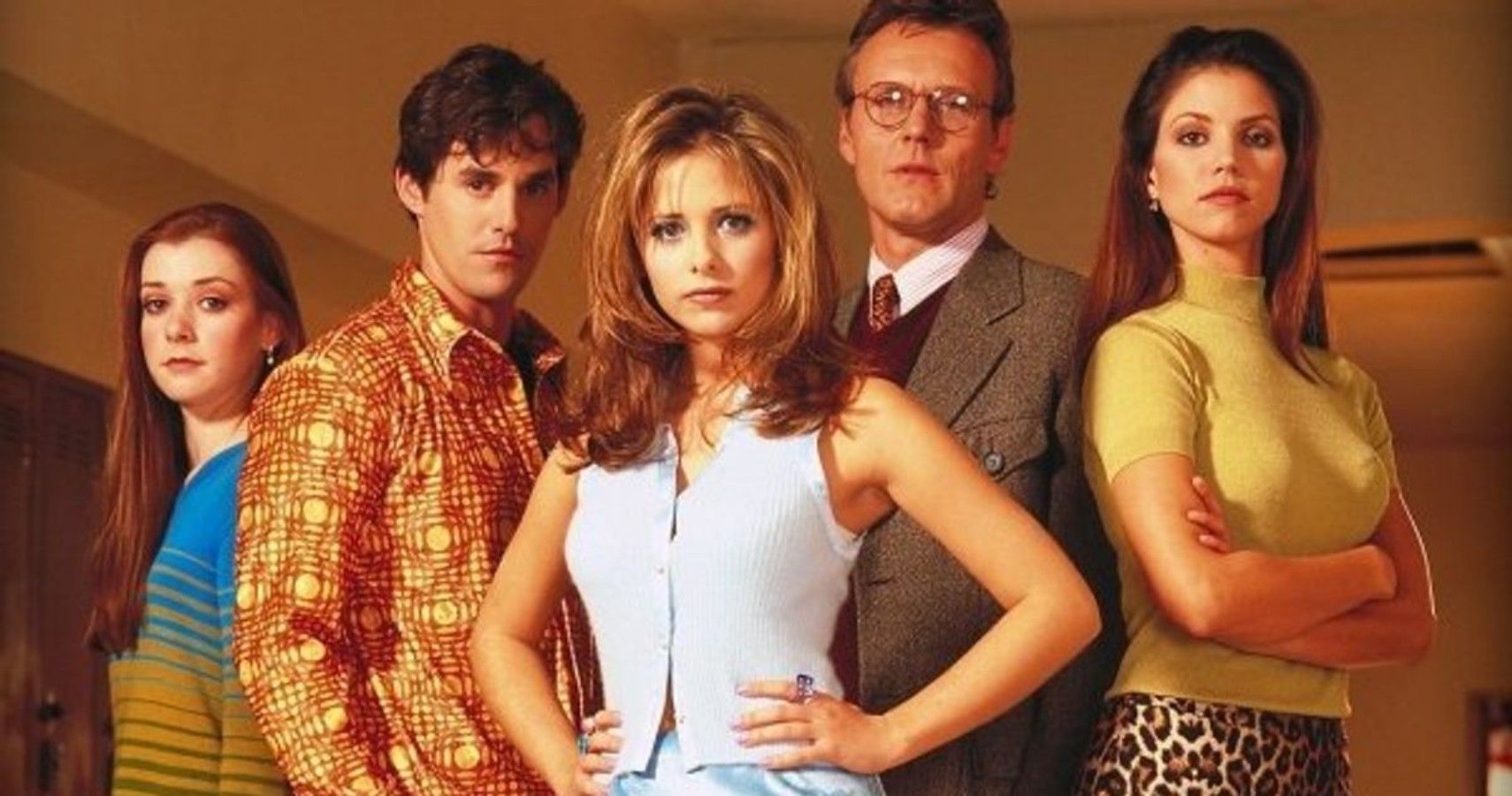
Joss Whedon's phenomenon about a blonde cheerleader gifted with superhuman abilities who's charged with keeping the demon hordes at bay changed the game when it came to writing for television. Hopefully, Netflix takes notes from Buffy's mix of comedy and horror as many fantasy series are too self-serious.
Amid quirky characters and high romance, Buffy aired some of the saddest episodes of television ever. Part of the reason Sandman is so successful is its tonal diversity; this would have been jarring in the hands of a lesser writer, but Gaiman is masterful at it and is something that both series could share.
7 Lucifer
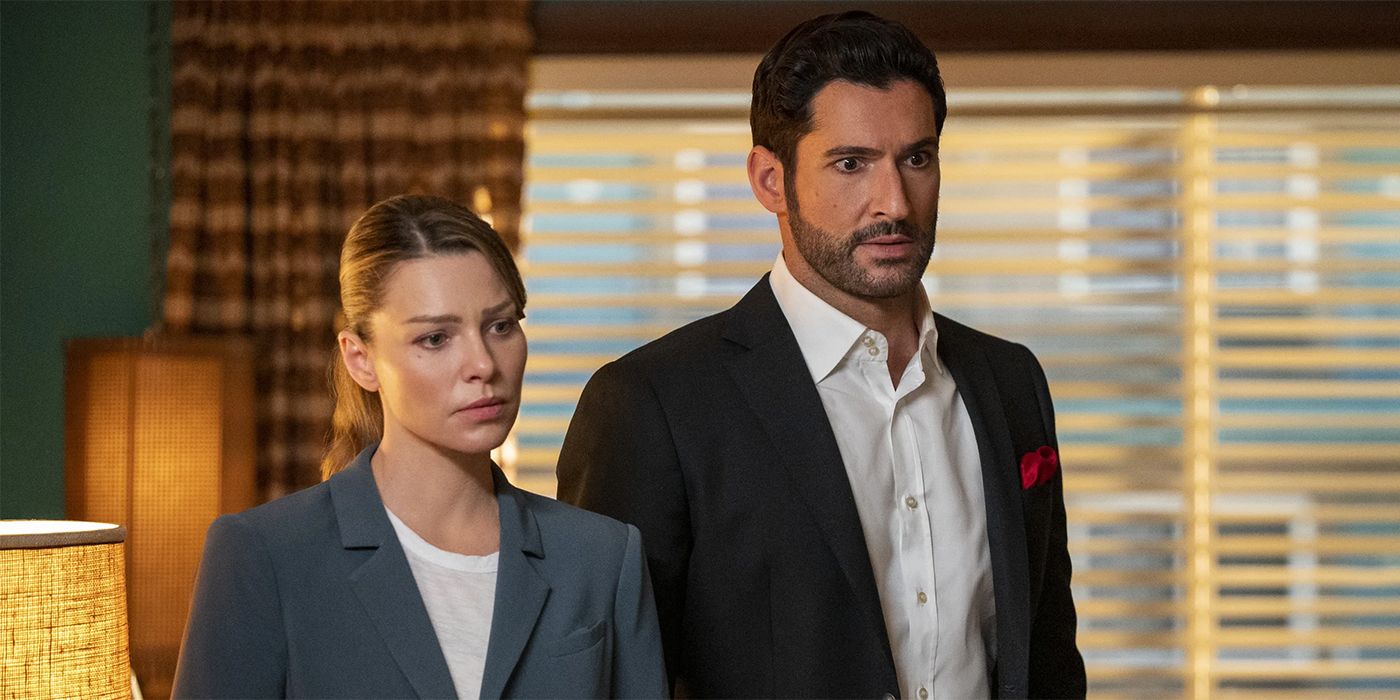
Loosely based on a character created for The Sandman, the premise of Netflix's Lucifer has the Devil opening a Los Angeles nightclub and falling in love with the only woman immune to his powers. The show is extremely popular despite not being a very faithful adaptation of Gaiman's version.
A recurring theme in Gaiman's work is urban fantasy; Lucifer takes this sub-genre and adds crime drama. The demons, angels, and gods in this world have a well-established history and culture, with each season adding to the worldbuilding; The Sandman similarly excels at creating a common mythos.
6 Twin Peaks
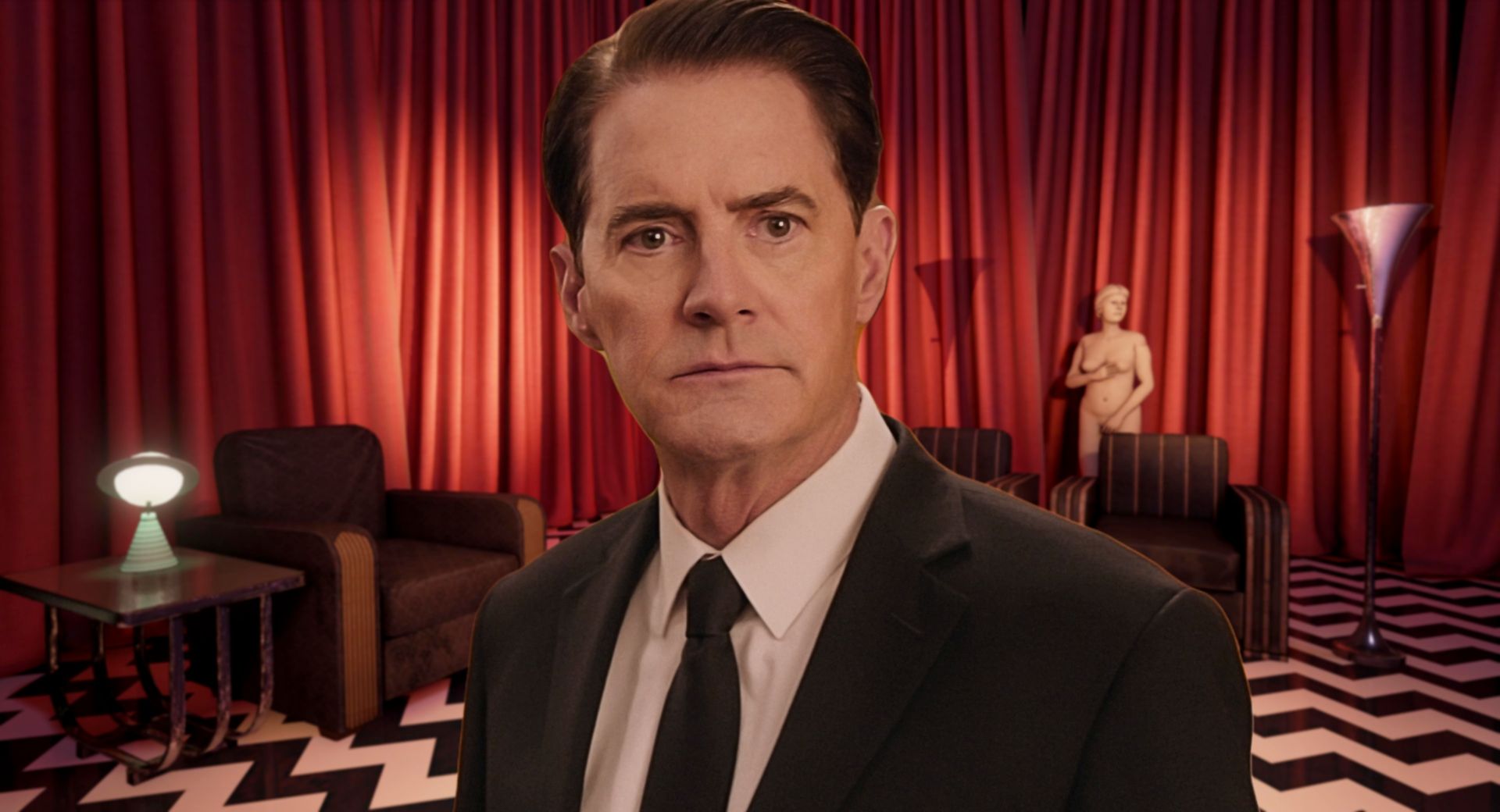
David Lynch's Twin Peaks brought surrealism to American primetime. The soapy drama is a sometimes wholesome, sometimes intensely dark whodunit. It may not look like The Sandman, but it is thematically similar and equally skilled at combining off-beat humor with horror.
Like Sandman, the show genre-bends and unravels its story slowly; more importantly, dreams play a huge role in Twin Peaks. And there's BOB, the demonic entity who possesses several characters. BOB is one of the scariest villains to hit the small screen and helped establish Lynch as a masterful director of horror.
5 Penny Dreadful
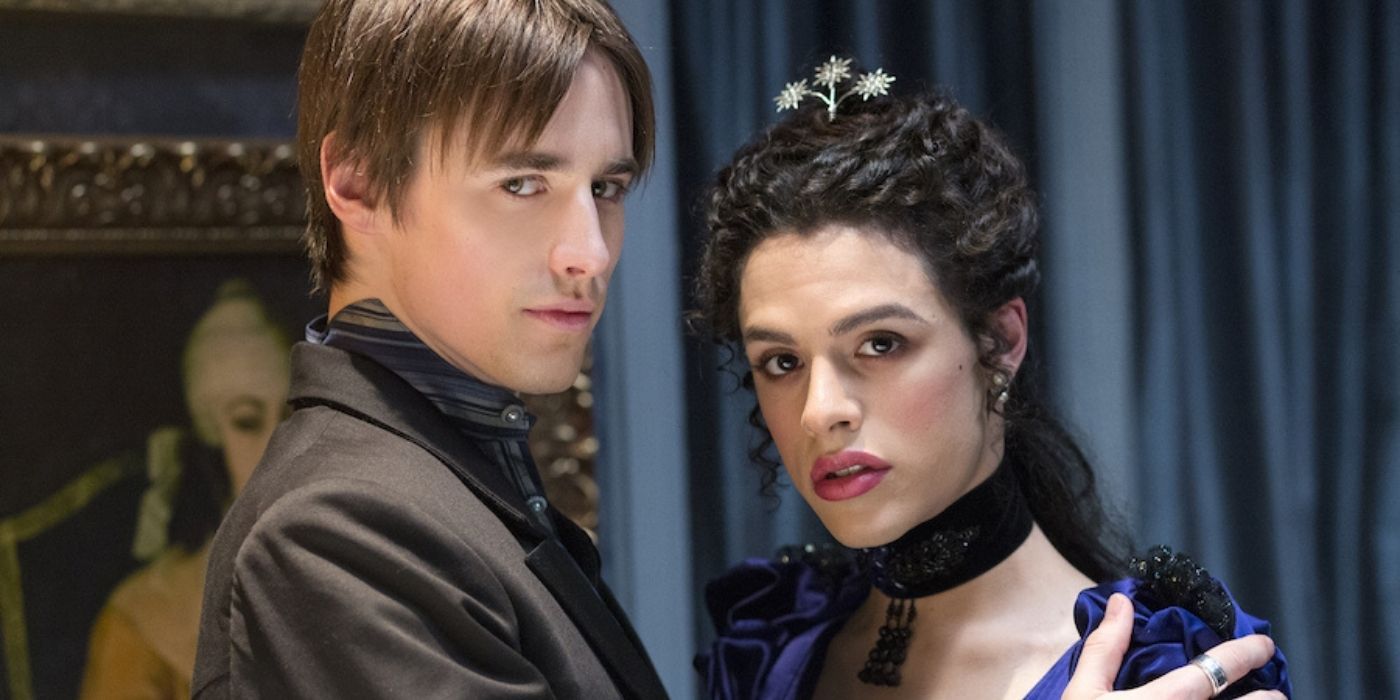
Showtime's horror series borrows heavily from Gothic literature, which adds an element of psychological thriller. Bound together by their haunted pasts, the main characters team up to fight evil - sometimes supernatural, but more often in the form of human beings.
Roderick Burgess, Lucifer Morningstar, and Doctor Destiny could easily fit into Penny Dreadful's dark, fantastical, hedonistic world filled with corsets and trenches. While redemption is vital to all the main characters, it is Vanessa Ives' twisted arc that is most akin to Morpheus' journey.
4 American Gods
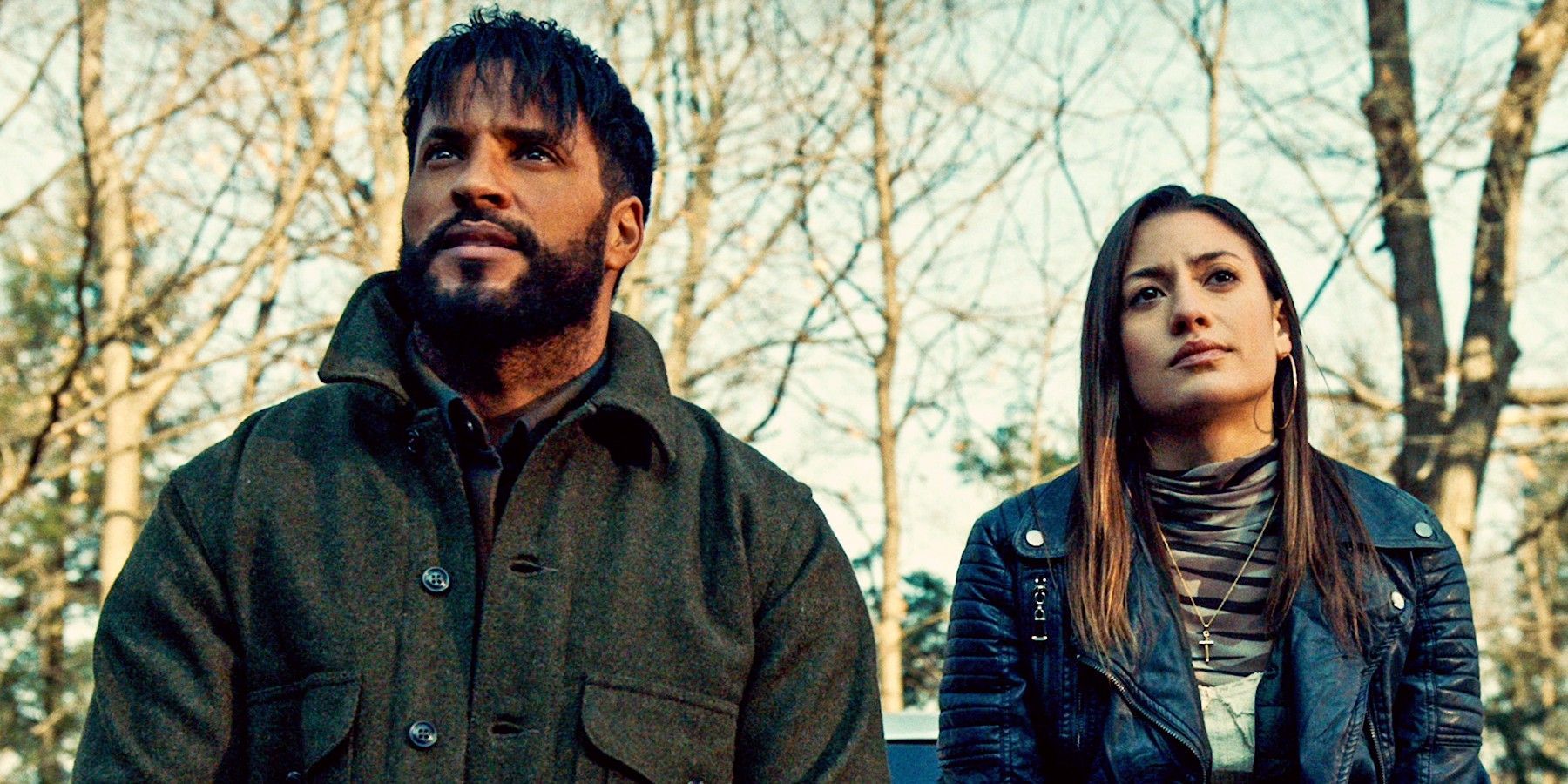
This Starz series based on Gaiman's novel mixes fantasy and Americana and is perhaps the most idiosyncratic show on this list. American Gods is evidence of Gaiman's huge imagination - folktale figures like Anansi and Johnny Appleseed live amongst leprechauns and Egyptian gods.
The protagonist Shadow Moon acts as the viewers' proxy; though he is one of the show's only non-magical characters, he is quite similar to Dream. They both start their journeys after being released from (or escaping, in Dream's case) prison and must adjust to their strange new realities. Although the show was canceled after three seasons, it's still definitely worth a watch.
3 Lost
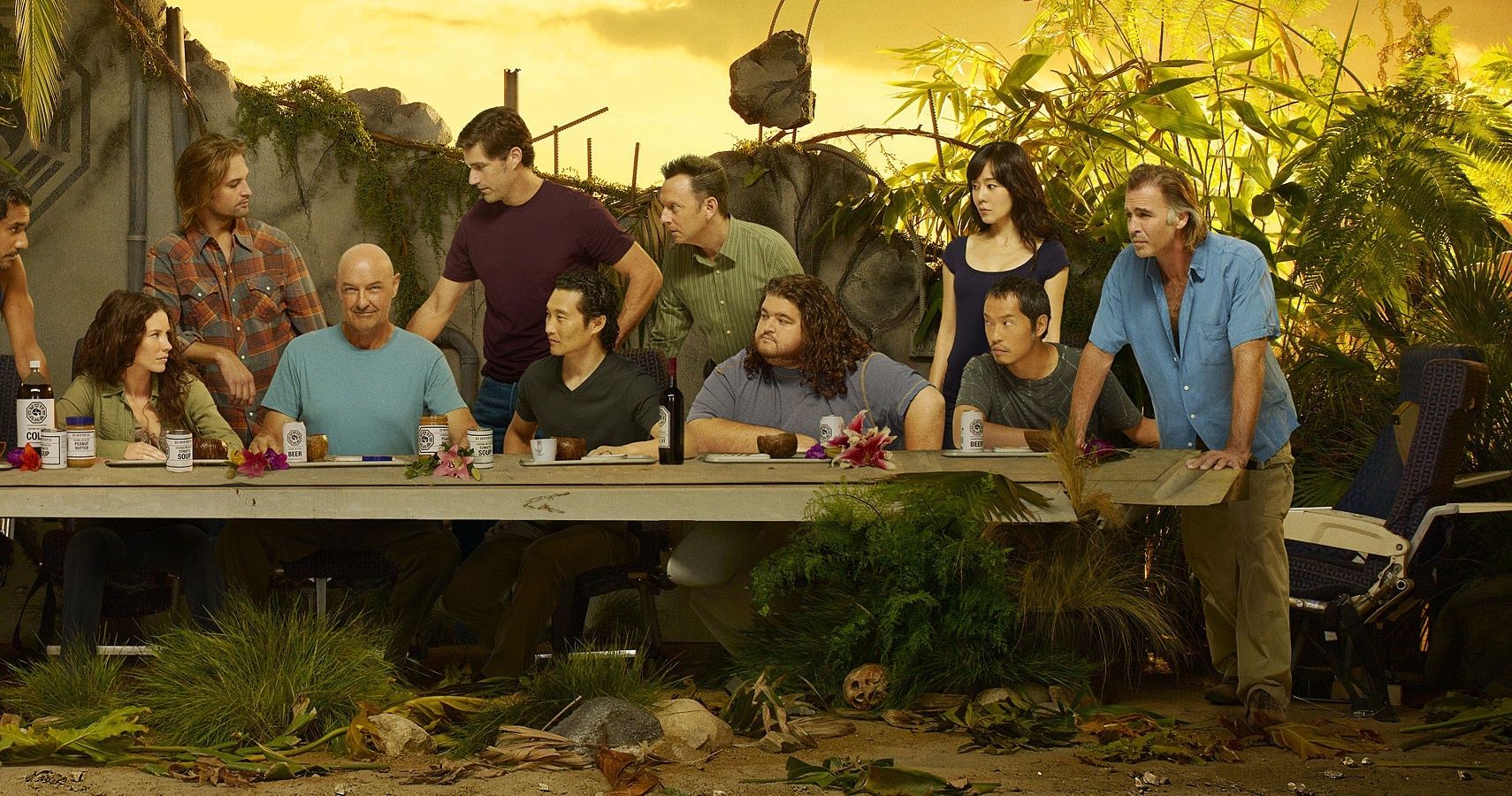
While this hit series from the aughts is no dark fantasy, it does have many things in common with The Sandman. Between suspense, horror, and action, Lost uses concepts from mythology, religion, and philosophy to explore ideas like time, dreams, fate, redemption, and moral responsibility.
Though now seen as somewhat divisive, Lost's influence cannot be denied. Beyond its gradual, increasingly complex worldbuilding, the core of the show was always about hardened, enigmatic people reckoning with their pasts - just like Dream, one of Gaiman's best-written characters.
2 Constantine
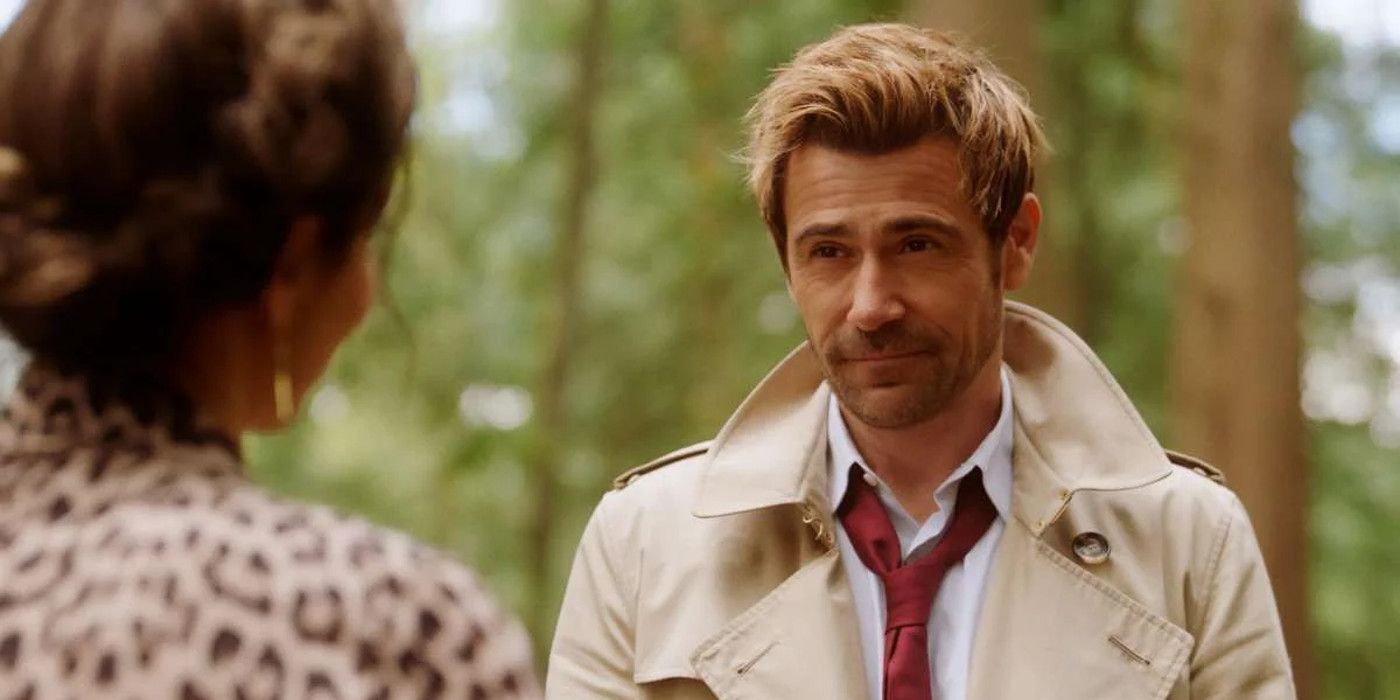
Neil Gaiman has confirmed John Constantine will not be appearing in The Sandman due to rights issues as the DC fan-favorite is currently part of the CW's Arrowverse and has an HBO series in the works. The snarky demon hunter will be missed, though fans are excited to see Jenna Coleman's, Johanna Constantine.
The short-lived series is a detective drama with a twist; mixing Judeo-Christian beliefs with the mystical arts. While scrying and performing exorcisms around the world, Constantine crosses paths with angels and demons as the series begins to build its mythology. This one was gone too soon.
1 Good Omens
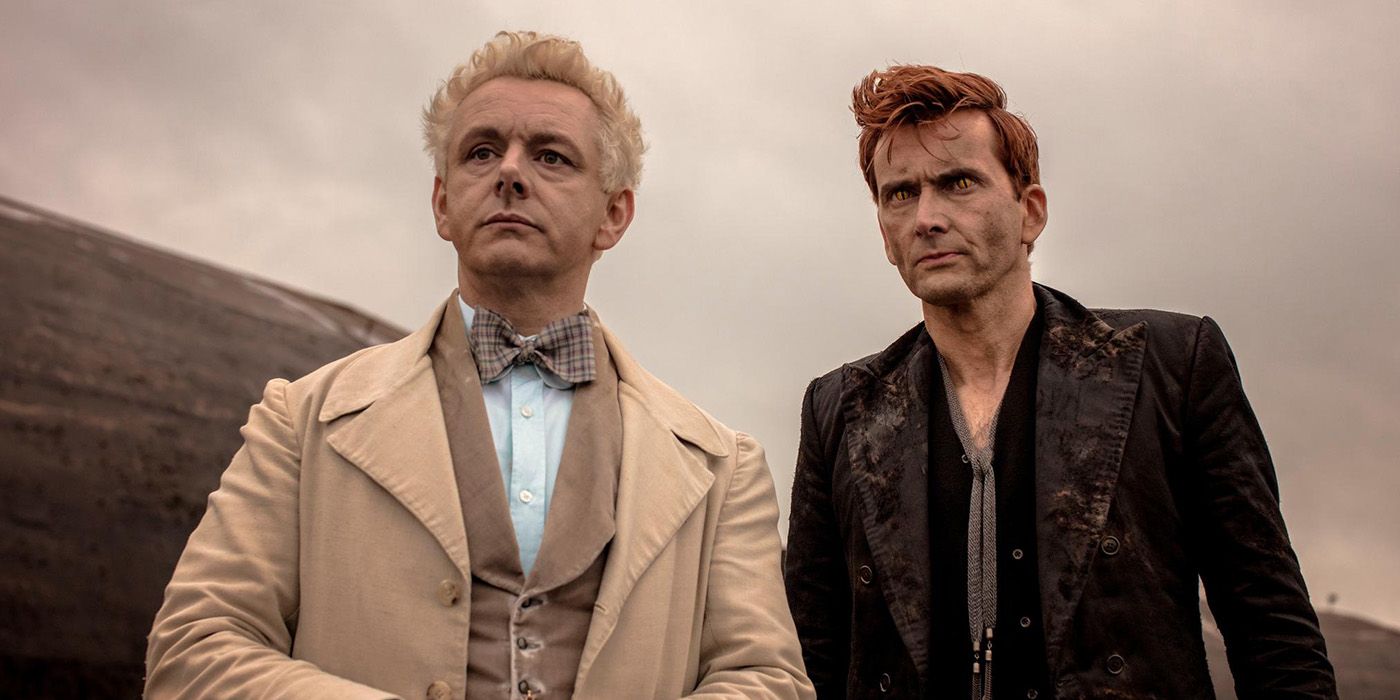
Based on Gaiman's novel with Terry Pratchett, Good Omens is a fantasy comedy about an angel and a demon joining together to prevent the apocalypse. The series can serve as a great introduction for newcomers to Gaiman's singular tone and worldbuilding, or remind longtime fans of his special brand of dry wit.
Similarly to the way Sandman personifies existential concepts like dreams, despair, and desire, Good Omens personifies war, famine, pollution, and death. Just as Dream comes to care about humans, Aziraphale and Crowley, played excellently by Michael Sheen and David Tennant, realize they are too invested in Earth to allow its destruction.
Comments
Post a Comment